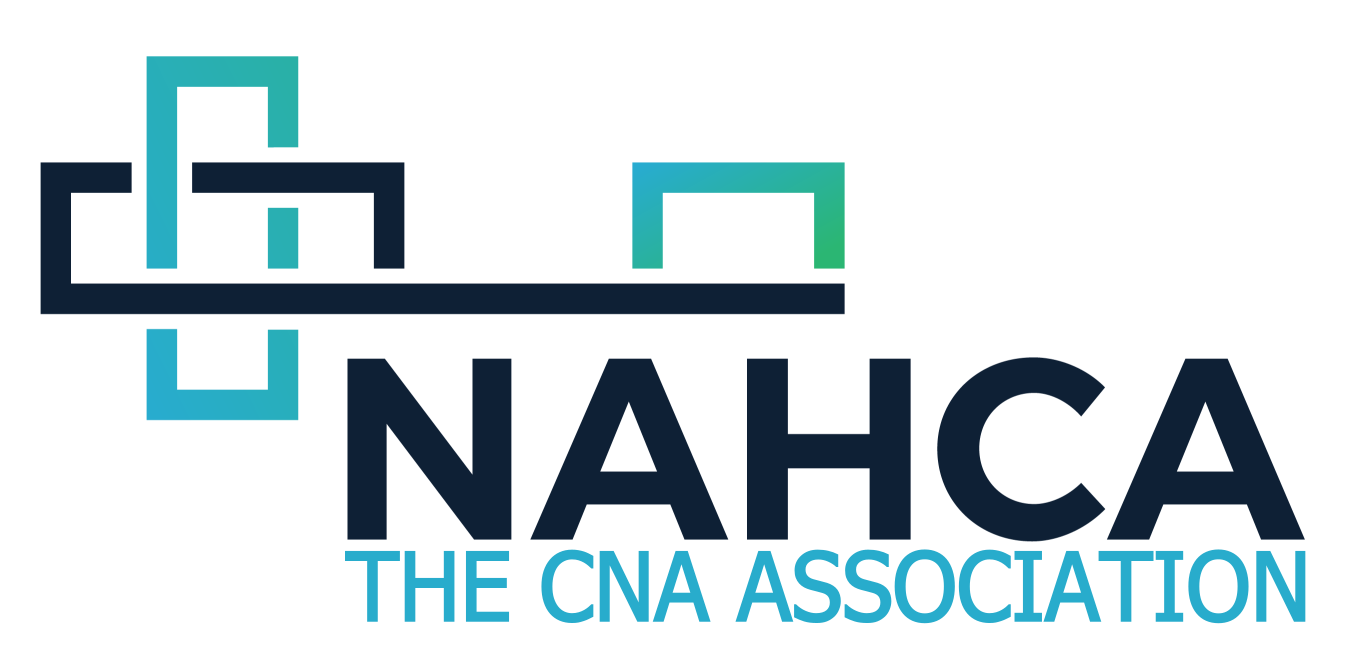by Celeste Billups, NAHCA Contributor
Direct Care Workers – nursing assistants, home health aides, and personal care workers form the centerpiece of the long-term care system. The following are a few things that I believe contribute to high turnover rate but are varied, things such as low pay, lack of health insurance, poor or inadequate training, little or no opportunities to advance, poor relationships with supervisors, physical and emotional demands of the job and the sometimes lacking respect by management, residents families and society in general as they refer to us as “butt wipers”.
Many companies are unaware how much direct care worker turnover actually costs, lost productivity until someone can be trained, possible lost client revenue, possible increase in worker injuries, and/or residents physical and emotional stress. Direct Care workers need competitive wages and affordable health insurance benefits. Two out of five direct caregivers receive some sort of public assistance. The combination of increased wages and affordable health insurance would result in a large gain in recruitment of direct caregivers.
We need to experience a culture change, which is a philosophy of care that emphasizes person centered care and staff empowerment built around the concept of home. Culture change practices include but are not limited to for retention: expanded trainings, focus on relationships between direct care staff and their supervisors and empowering them through self-managed work teams or peer mentoring programs. A culture change in skilled nursing center would include close relationships among staff, residents, family members, and the community. As well as management, that allows for collaborative decision making.
I believe that with high quality leadership and management offering recognition and meaningful feedback, flexibility, career ladders, thoughtful and effective care practices and reasonable staff to resident ratios to allow for the delivery of QUALITY care, those would be building blocks to recruit and retain direct caregivers. The importance of supervisors to the retention of direct caregivers cannot be said enough.
Their direct relationship is essential to job satisfaction and retention as well. Give more hands on training and interactive approach. Career advancements provide additional training, status and often pay increases. Often the lack of these opportunities plays a role in direct caregivers leaving the field. I believe that peer mentoring addresses retention problems for both new and seasoned staff. Making sure they are not isolated and have a mentor to prevent isolation and providing support as they grow personally and professionally. I think direct caregivers stay where they are valued, invested in and given opportunity.




Totally agree
I’ve been in this field for quite a while, you sited everything except communication and listening. You want input but don’t value what we have to say.
Thank you for your observation. I did leave communication out not intentionally. Effective communication and listening is very important.